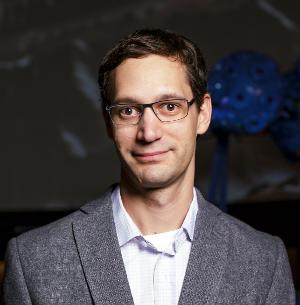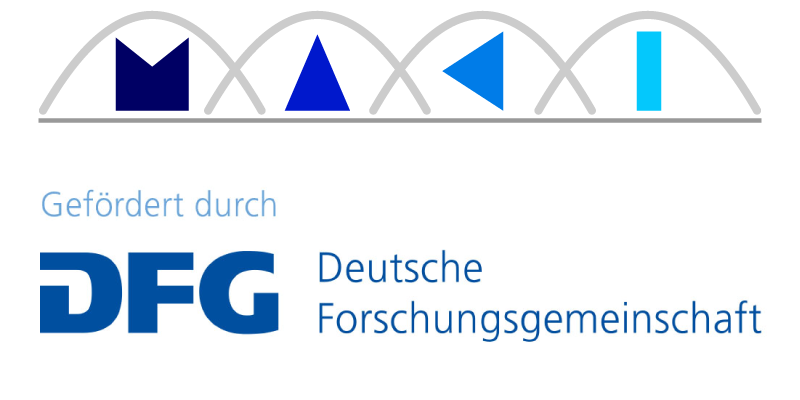Univ.Prof. Dr. Stephan Weiss

Titel:
State-Estimation and Self-Calibration: From Multiple Sensors to Multiple Agents
Abstract:
Self-awareness is a crucial element in modern, adaptive, and versatile systems. Apart of the regular state estimation, self-awareness extends to automated decisions whether a sensor signal is valid, vanishes, appears or reappears, and how a sensor (or agent) generating such a signal is automatically incorporated into the overall system or swarm. While such elements can be achieved with state-machines and simplifying assumptions, systems that tackle them in an inherent and probabilistic fashion tend to be more robust and versatile.
In this talk we will focus on such probabilistic approaches that can tackle fluctuating sensors and senor signal availability in a seamless fashion. We will start with the well-known visual inertial odometry setup and show that we can tackle poor sensor signal availability (i.e. visually nearly homogeneous areas) by properly merging all information -- every image pixel and IMU -- in a tightly coupled self-calibration, motion estimation, and mapping framework. We will briefly discuss the computational complexity involved, also when using multiple sensors, and highlight an efficient approach from the wave propagation theory to tackle some of the issues. Naturally such systems, as many multi-sensor systems, have unobservable modes or require specific states to be (re-)initialized upon specific events. We will discuss the idea of quickly (re-)calibrating a specific sensor through observability-aware motions and decision making. This formalism does not depend on an estimator realization and can thus be applied to any (non-)linear system. Indeed, such an approach can also be applied to a multi-agent system where an agent is treated as a virtual sensor. In contrast to multi-sensor systems on a single agent, special attention to the information maintenance and data transmissions between agents must be paid. We close the talk with the idea of merging state estimation even with the synchronization of the agents leading to synch-and-swarm behaviors.
Bio:
Stephan Weiss is Full Professor of Robotics, head of the Control of Networked Systems Group, and head of the Institute of Smart Systems Technologies at the Universität Klagenfurt (AAU) in Austria. He received both his MSc in Electrical Engineering and Information Technology in 2008 and his Ph.D. in 2012 from the Eidgenössische Technische Hochschule (ETH) Zurich, Switzerland. His Ph.D. Thesis on „Vision Based Navigation for Micro Helicopters“ first enabled GPS independent navigation of small UAVs using on-board visual-inertial state estimation. His algorithms were the key to enable the Mars Helicopter Scout project and corresponding proof-of-concept technology demonstration at NASA's Jet Propulsion Laboratory where he worked from 2012 until 2015 as Research Technologist in the Mobility and Robotic Systems Section and where he lectured at the California Institute of Technology.



